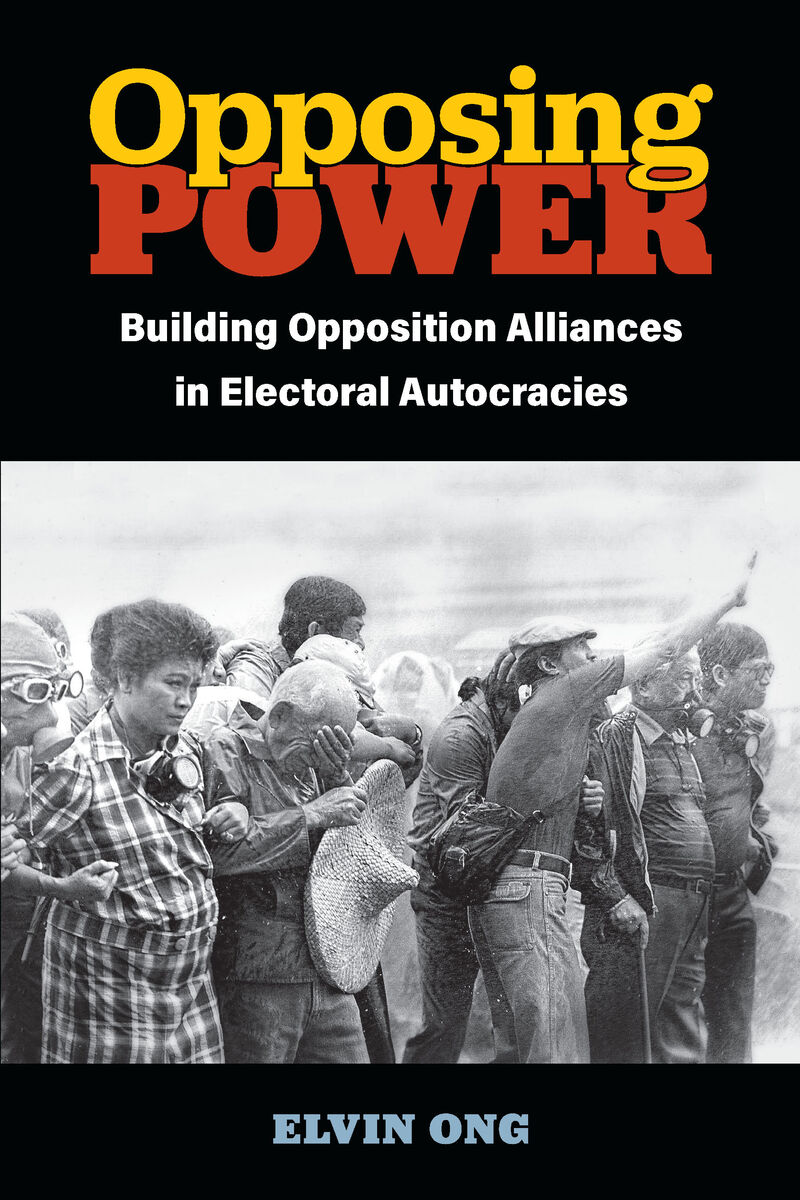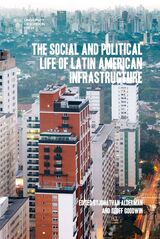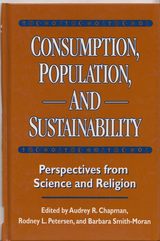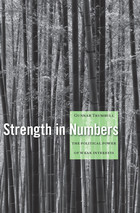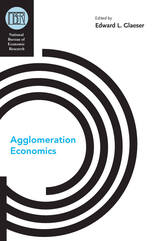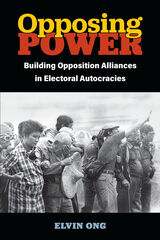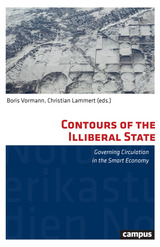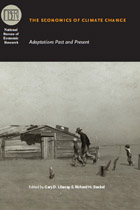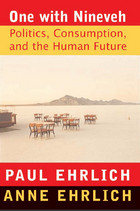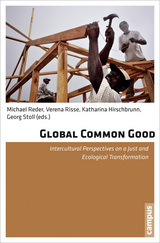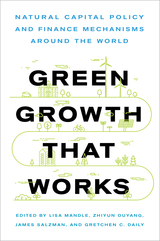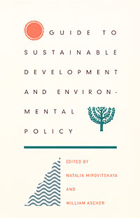Opposing Power: Building Opposition Alliances in Electoral Autocracies
University of Michigan Press, 2022
Cloth: 978-0-472-13300-0 | Paper: 978-0-472-03888-6 | eISBN: 978-0-472-22000-7
Library of Congress Classification HC79.E5C47 1974
Dewey Decimal Classification 301.31
Cloth: 978-0-472-13300-0 | Paper: 978-0-472-03888-6 | eISBN: 978-0-472-22000-7
Library of Congress Classification HC79.E5C47 1974
Dewey Decimal Classification 301.31
ABOUT THIS BOOK | AUTHOR BIOGRAPHY | REVIEWS | TOC | REQUEST ACCESSIBLE FILE
ABOUT THIS BOOK
Opposing Power argues that perceptions of regime vulnerability and mutual dependency by opposition elites shape the building of opposition alliances. When electoral autocracies are consistently dominant, opposition parties eschew fully fledged alliances. At best, they allocate only one candidate to contest against the incumbent in each subnational electoral district to avoid splitting the opposition vote. However, when multiple regime-debilitating events strike within a short period of time, thus pushing an incumbent to the precipice of power, opposition elites expect victory, accepting costly compromises to build alliances and seize power. Opposing Power shows how oppositions build these alliances through case study comparisons in East and Southeast Asia—between the Philippines and South Korea in the late 1980s, and between Malaysia and Singapore from 1965 to 2020.
See other books on: Comparative Politics | Environmental policy | Korea (South) | Philippines | Population
See other titles from University of Michigan Press
